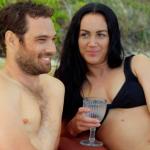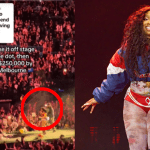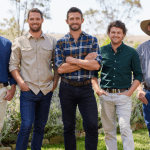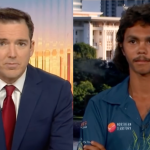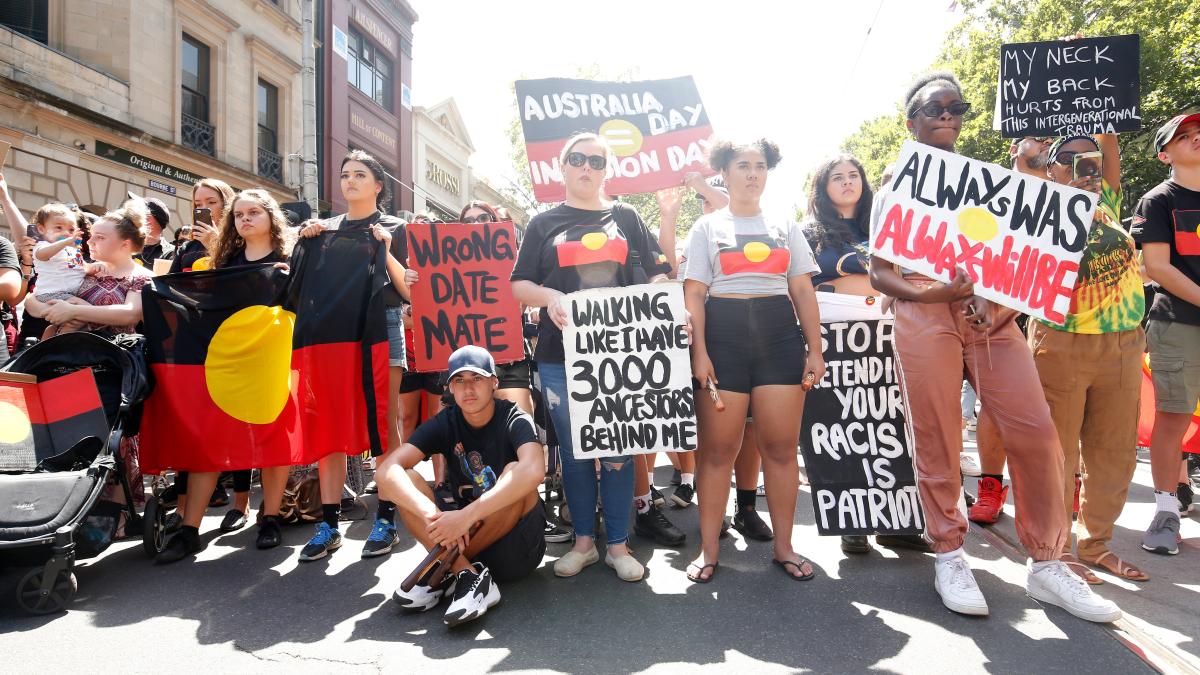
January 26th is the most controversial date in the Australian calendar. Although it has always been a day of mourning for Indigenous people, many white Australians are only just coming around to the idea that today might not be the best day to celebrate Australia. We caught up with Indigenous activists Sara Khan and Lille Madden to learn more.
[jwplayer ompGfEEw]
Pedestrian: January 26th. What does it mean to you?
Sara: I’ve always grown up with the date being something that you don’t acknowledge. When I was nine I asked my Mum ‘how come we don’t do anything for Australia day?’ and she said ‘you don’t do anything because you’re Aboriginal and it’s a day of mourning for our people. It’s the day that they took this country from us’.
When I went to high school, the day would give me anxiety. I would get bullied quite a lot at school for being Aboriginal so it was always really hard coming up to that time of year when I would get attacked more. Kids would make digs at me for not celebrating the day. It made me upset that people didn’t understand what this date signifies.
As we’ve grown we’ve found new layers to this date and what we want from it as well. The biggest thing is acknowledging the last 230 plus years. We’ve been taught lies. Celebrating the day is pushing a lie.
Pedestrian: Do you think most people don’t understand or they just don’t care?
Sara: They just want to get pissed and live in ignorant bliss. People just want a holiday. People don’t care. It’s a hard thing to swallow.
Pedestrian: To get people to understand history and the significance of the date will take a huge shift in consciousness. How do you think we’re going to get there?
Sara: I don’t think that’s our responsibility. I would like people to just leave us alone and let us have control over our own affairs and our own identities.
Pedestrian: What about people that do want to help?
Sara: There is a big population of people that want to be our allies. They do show up for our protests. I mean, only a small percentage of them show up to protests that aren’t Invasion Day. Although we do get huge numbers at Invasion Day rallies, a lot of people want to just tick that box. I shouldn’t be so hard on them (laughs). They’re trying to absolve themselves of any wrongdoing in this racist history. I guess it’s a hard thing to have to swallow.
We have a lot of allies show up on this day who are aware but they’re not self aware. They show up to their rallies thinking they’ve done their job. No, your job is to challenge your circles now.
Your responsibility now is when you sit at your family dinner table and you have your racist drunk uncle carrying on, or your cousins carrying on, or your friends or friends of friends, you have a responsibility as an ally to bring our stories into that space. Challenge those people. It’s extremely distressing for us to have this conversation all the time.
Pedestrian: It’s not something you’re able to opt out of.
Sara: We don’t get to choose. This is not a choice for us. This is our life.
Lille: The thing that needs to be acknowledged is intergenerational trauma as well. People say ‘oh you should have gotten over it by now’, but these things are passed down, you know. The fact is that this didn’t happen long ago. 200 years is not long at all when you consider the amount of time that Aboriginal people have been on this land which is over 80,000 years.
We carry all of this with us, we carry this in our family, the stolen generation, everything. All of the worst things that you can possibly imagine happened to Aboriginal people and that’s what needs to be acknowledged. It’s not long ago, it’s what happened to our grandparents, our parents, and even our friends.
Pedestrian: The country has changed so much since European people first arrived, do you think there can ever be any kind of reconciliation?
Sara: (laughs) I hate the term reconciliation (laughs) There’s nothing we have to reconcile with, we were the victims.
Pedestrian: Right, but how can we move forward?
Sara: The only way that you can move forward is when your pain has been acknowledged. The 2007 apology for the stolen generations was a huge moment because for so long it was denied. For so long, governments and the media would say the stolen generation was not a thing, that it happened for our own good and our trauma is not valid. So when Kevin Rudd apologised in 2007, we were finally having our trauma acknowledged.
Pedestrian: Do you think that with every passing generation all of this has to be re-learned and re-taught?
Lille: I think that’s the problem. You’re not taught Australian history in school. People actually don’t know the history, it’s just straight up not acknowledged. As an Aboriginal person, I only learned this through family, and going out of my way to learn it in my late teens.
Sara: [To Lille] and you’re going out of your way to learn it because it’s your life. You don’t have a choice [to remain ignorant].
Lille: Exactly. I have a clear memory of just a few pages in our history book in school just touching on Aboriginal culture in Australian history and that was pretty much it.
Sara: When World War Two happened there were court proceedings to bring people into line for the injustices they committed against the Jewish people. It took a long time for them to heal from the trauma of Hitler’s era and they’re still healing from it. We haven’t had anything like that. And on top of that, they want us to ignore it and celebrate and move on. How can we have a shared future together when everything that you did to us in the past is still happening and you still won’t acknowledge it?
The most frustrating thing is when I talk to my friends who go back to their roots in Scotland or England and they talk so proudly about finding their history there. It’s like they don’t even acknowledge how much their identity doesn’t come from here, it comes from over there. No one is saying you can’t be here but we have to be acknowledged first.
Pedestrian: What do you think about changing the date?
Sara: Well I don’t want to change the date because then people will expect you to celebrate with them. We don’t want to celebrate this history. Changing the date doesn’t acknowledge what happened. That’s why you’ll hear a lot of blackfellas say ‘I don’t want to change the date, I want to change the system’.
Pedestrian: So maybe today should be a day of reflection rather than celebration?
Sara: Yeah! Let’s have a day where we actually acknowledge everything, where we reflect on the last 230 years. Let’s think about ways that we can undo the systems that are still in place. It’s utopian thinking but it’s hard to know what to do next when people won’t even acknowledge what’s happened.
Pedestrian: What do you think we should do on January 26th?
Sara: Well, you could stop celebrating it, for starters.
Lille: Learn. Educate yourself.
Sara: Challenge your own circles. It is not our responsibility to change your mindset. Our responsibility is to heal. If you are celebrating this day then you are disrupting our healing.
Come and listen. Understand. Take those understandings and challenge people in your spaces.
